In recent years, there has been a growing interest in sustainable farming practices that prioritize water conservation and environmental protection. One such innovative approach gaining significant attention is dry digger farming. This article delves into the concept of dry digger farming, its benefits, and how it aligns with the broader principles of sustainable agriculture. Understanding Dry Digger Farming: Dry digger farming refers to a farming method specifically designed to minimize water usage while maximizing crop yields. Unlike traditional farming systems that heavily depend on irrigation, dry digger farming utilizes various techniques to capture and preserve water within the soil, thereby reducing the need for additional water resources. Key Techniques and Practices: 1. Soil Management: Dry digger farmers focus on improving soil health through methods like adding organic matter, mulching, and practicing crop rotation.
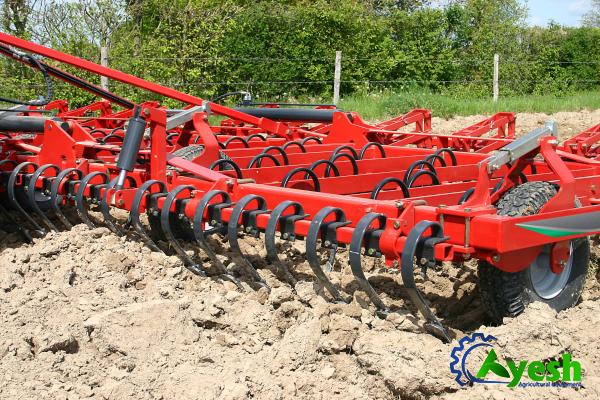
.
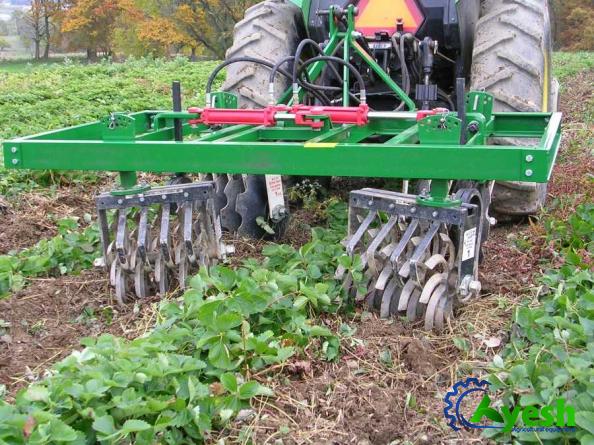 These practices enhance soil structure, moisture retention, and nutrient availability, creating a more conducive environment for plant growth. 2. Rainwater Harvesting: By collecting and storing rainwater during wet seasons, dry digger farmers ensure a reliable source of water during dry periods. Techniques such as terracing, contour farming, and constructing water storage reservoirs help retain rainwater, preventing runoff and minimizing wastage. 3. Efficient Irrigation Systems: When irrigation is necessary, dry digger farmers employ water-efficient techniques such as drip irrigation, which directly delivers water to plant roots, reducing evaporation and minimizing water loss. Benefits of Dry Digger Farming: 1. Water Conservation: Dry digger farming significantly reduces water consumption, a critical advantage in regions prone to drought or facing water scarcity.
These practices enhance soil structure, moisture retention, and nutrient availability, creating a more conducive environment for plant growth. 2. Rainwater Harvesting: By collecting and storing rainwater during wet seasons, dry digger farmers ensure a reliable source of water during dry periods. Techniques such as terracing, contour farming, and constructing water storage reservoirs help retain rainwater, preventing runoff and minimizing wastage. 3. Efficient Irrigation Systems: When irrigation is necessary, dry digger farmers employ water-efficient techniques such as drip irrigation, which directly delivers water to plant roots, reducing evaporation and minimizing water loss. Benefits of Dry Digger Farming: 1. Water Conservation: Dry digger farming significantly reduces water consumption, a critical advantage in regions prone to drought or facing water scarcity.
..
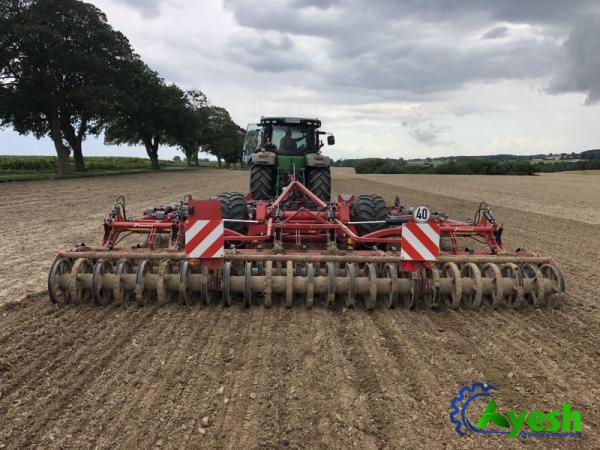 This method promotes sustainable water management, ensuring the availability of this precious resource for both farming and other essential needs. 2. Cost-Effectiveness: By minimizing reliance on water-intensive irrigation practices, dry digger farming can lead to reduced operational costs for farmers. Furthermore, the conservation practices incorporated can potentially lower expenses associated with chemical inputs, as healthier soil reduces the need for fertilizers and pesticides. 3. Environmental Sustainability: Dry digger farming aligns with the principles of sustainable agriculture by placing emphasis on soil health, biodiversity, and ecological balance. By using natural methods to retain soil moisture and decrease water runoff, this farming approach helps protect the surrounding ecosystem and preserve valuable natural resources.
This method promotes sustainable water management, ensuring the availability of this precious resource for both farming and other essential needs. 2. Cost-Effectiveness: By minimizing reliance on water-intensive irrigation practices, dry digger farming can lead to reduced operational costs for farmers. Furthermore, the conservation practices incorporated can potentially lower expenses associated with chemical inputs, as healthier soil reduces the need for fertilizers and pesticides. 3. Environmental Sustainability: Dry digger farming aligns with the principles of sustainable agriculture by placing emphasis on soil health, biodiversity, and ecological balance. By using natural methods to retain soil moisture and decrease water runoff, this farming approach helps protect the surrounding ecosystem and preserve valuable natural resources.
…
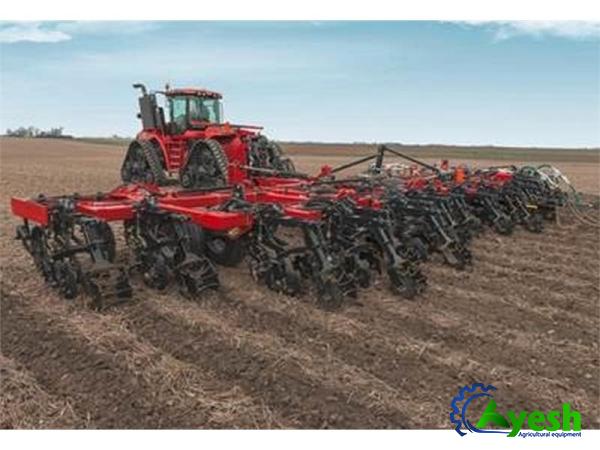 4. Increased Crop Yields: Contrary to popular belief, dry digger farming techniques have shown to improve crop yields. By enhancing the soil’s ability to retain moisture more effectively, crops have a steady supply of water, leading to better growth and productivity. Moreover, the reduced need for irrigation mitigates the risk of over-watering and related issues, such as soil salinization. Conclusion: Dry digger farming represents a significant shift in agricultural practices, offering a sustainable solution to water-intensive farming methods. By reducing water consumption, conserving resources, and improving soil health, this approach presents an opportunity to create a more resilient and self-sufficient agricultural system. As the world grapples with water scarcity and the impacts of climate change, embracing innovative farming methods like dry digger farming can contribute to a more sustainable and secure future.
4. Increased Crop Yields: Contrary to popular belief, dry digger farming techniques have shown to improve crop yields. By enhancing the soil’s ability to retain moisture more effectively, crops have a steady supply of water, leading to better growth and productivity. Moreover, the reduced need for irrigation mitigates the risk of over-watering and related issues, such as soil salinization. Conclusion: Dry digger farming represents a significant shift in agricultural practices, offering a sustainable solution to water-intensive farming methods. By reducing water consumption, conserving resources, and improving soil health, this approach presents an opportunity to create a more resilient and self-sufficient agricultural system. As the world grapples with water scarcity and the impacts of climate change, embracing innovative farming methods like dry digger farming can contribute to a more sustainable and secure future.
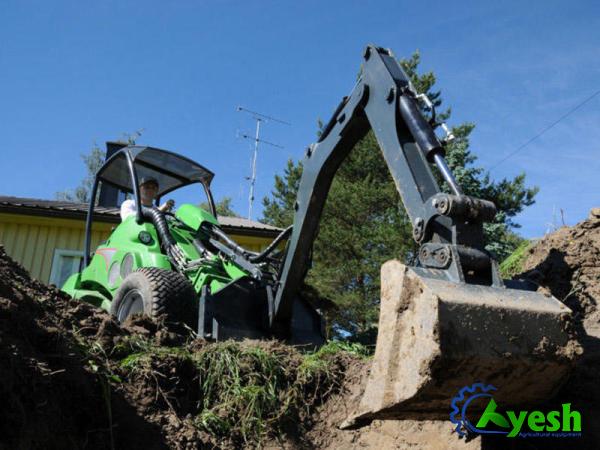



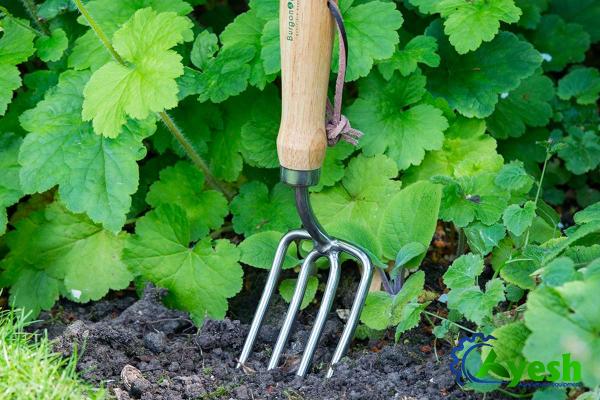

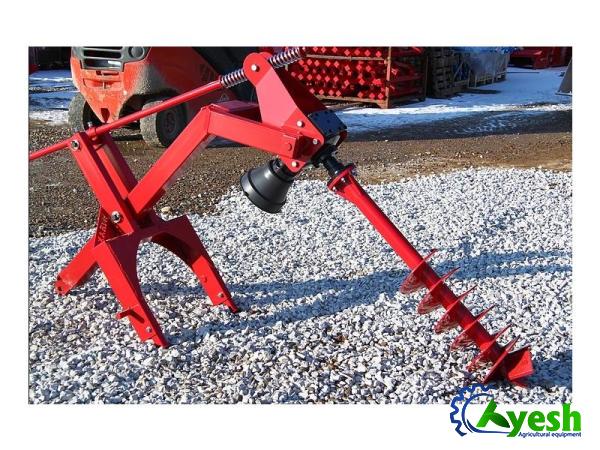
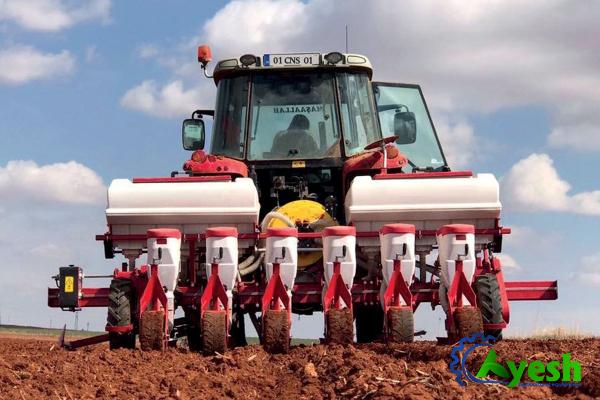

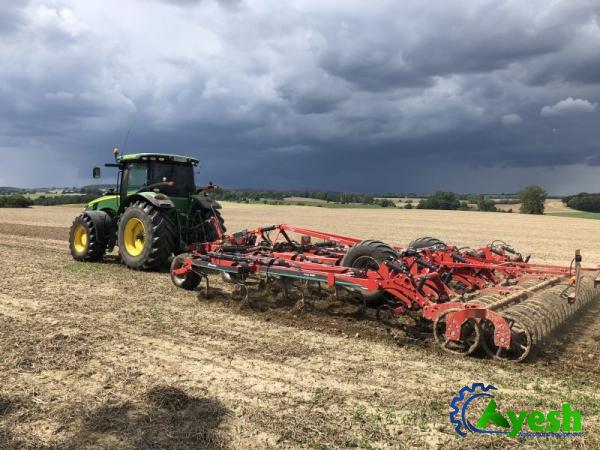
Your comment submitted.